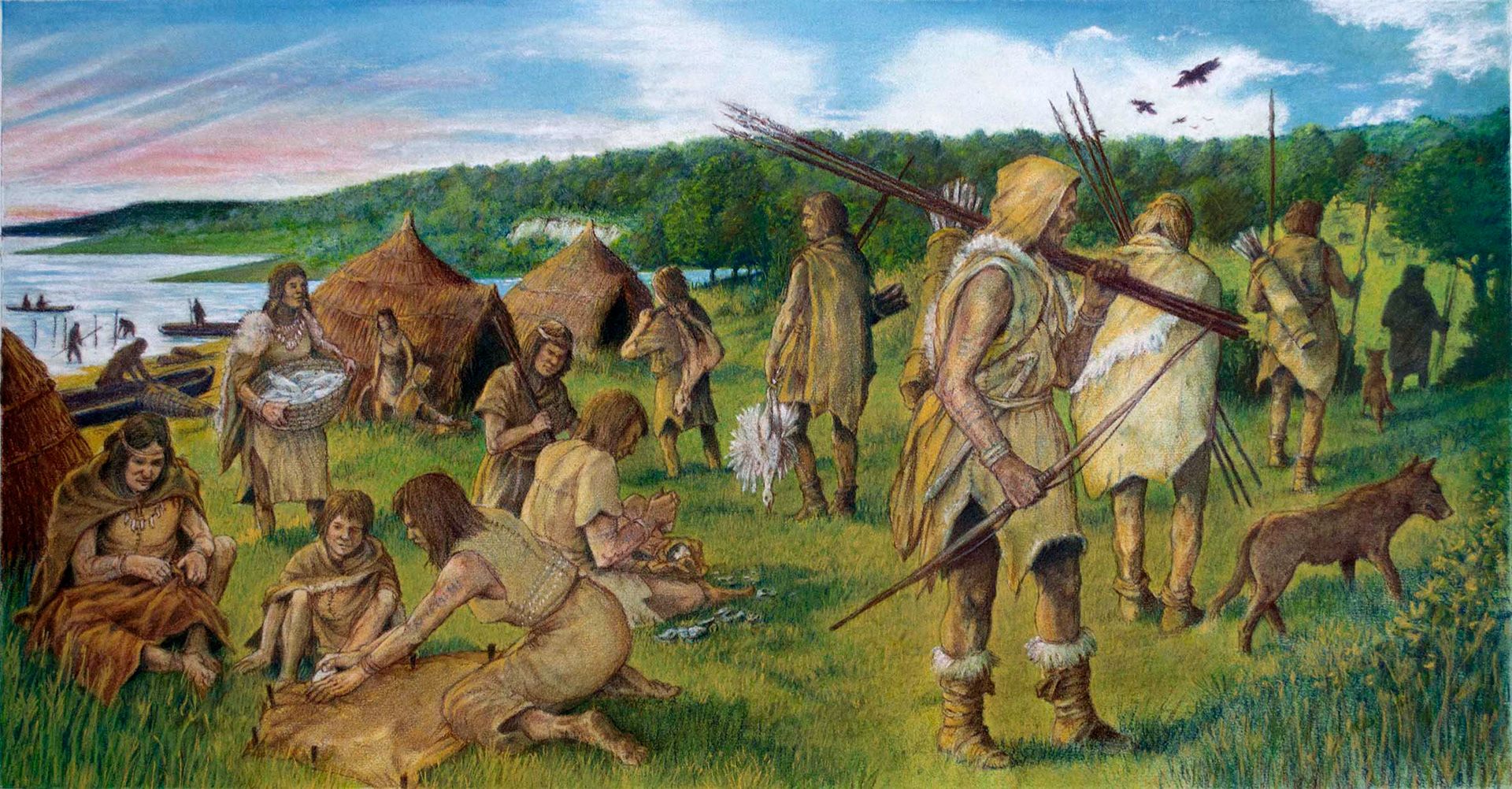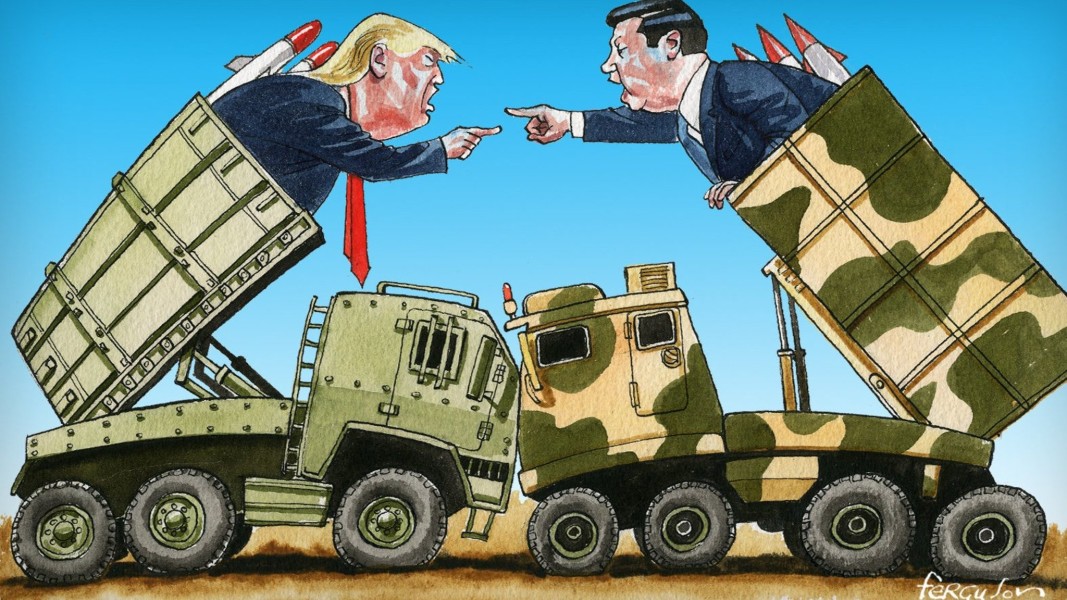Historical Global Power Shaping a Future World
Abstract
Since the
dawn of humankind, there has been a need to draw ourselves into communities. We went from hunter-gatherers to the more technologically
advanced humans of today. Within these
communities, there was always a need for leadership; this leadership has had
many names, from Chiefs, Kings, Dictators, to Presidents. Behind these names' nations were forged in
war and peace, all in the name of something we call power. Power can have many motivations, whether it
be for the glory, greed, honor, or the will of some God. Power has steered humanity throughout the
ages and will continue to do so as humans continue this journey we call life. From the more barbaric forms of power, where
war and death became hand in hand in the pursuit of the more civilized intents of
today, power will always have a place in history. They say there is nothing new under the sun. As one looks at the ancients, Greeks, Romans,
Turks, Babylonians, and so many others, one can see how each one was a piece of
woven thread that makes up all we believe to be true today. From the worst of humanity to the best, power
has been there. Each step it takes in
history culminates into the next as checks and balances follow a path of uncertainty. One can only hope that power finds a more
balanced grip on humanity, but one also knows uncertainty can turn into a
bloody battle for some illusionary power grab from the darkest sides of society. Look upon the pages of this historical power to
see what was once then now is as humanity shares historical accounts to forge a
future that, although uncertain, may yield the yoke of humanity from its very
worst to its absolute best.
Historical Global Power Shaping a Future World
For as long as humanity has formed collective groups, they have pursued power. When a person or government has power, they do so for some sort of control. This control can either be asserted forcibly or peacefully. They may seize this power for glory, honor, or believe it is the will of the Gods. Those whom this power controls may want this control willingly or have it thrust upon them unwillingly. Collective communities like nations have certainly made their mark on history where powerplays have been made. However, the historical power systems of the past remained unbalanced as aggressors took power and losers lost. Furthermore, throughout the centuries, lessons, strategies, ideologies, philosophies, myths, religions, and concepts were learned, copied, improved, and passed down until they have culminated into the more balanced power systems of today.
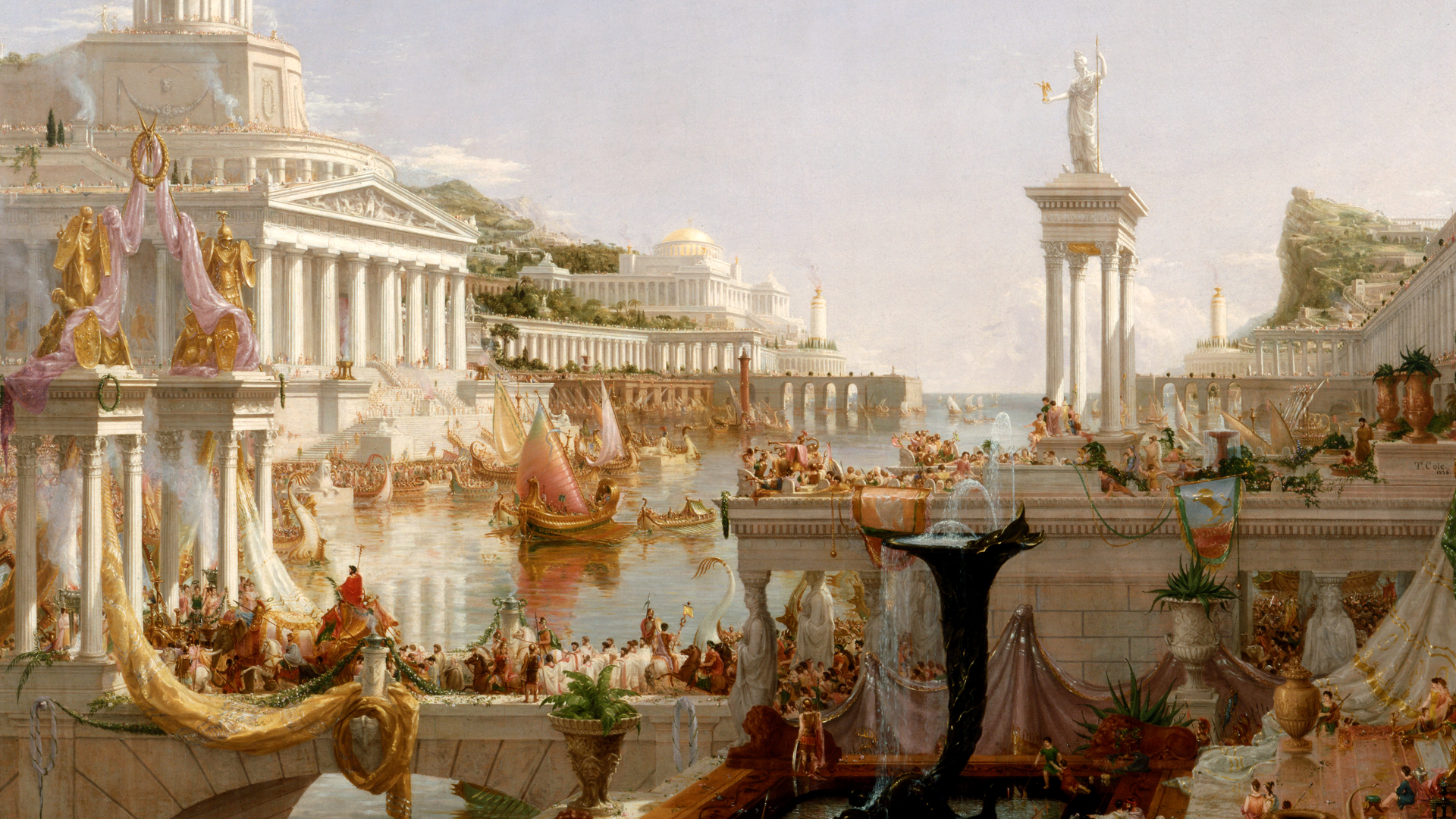
When we look back on the creation of Empires and the fundamental power influences of both past and present, we often believe this resulted from one person or idea. However, no power was ever achieved through one person or one ideology. In fact, for power to flourish, many factors have to be present. Everything from infrastructure, ideologies, beliefs, and mythology plays a part in creating power, and this power may be multilaterally transformed from sources of influence, whether realized or not (Shimko, 2016, pp. 1-31). One usually starts this journey around the creation of the Roman Empire. The Roman Empire flourished from around 27 B.C.E. to 476 C. E.; however, Rome started its early rise to power beginning in the 6th-century B.C.E.
During the Hellenistic period, Greek colonies were not officially controlled by the monarchies, culturally started to blend with the Hellenistic world (McKay, et al., 2017). The two primary cultures that made up Romans were the Greeks and the Etruscans. The Greeks culture enriched Roman literature, education, art, philosophy, religion, military, law and even made its way into politics. Roman religion was nothing more than an adaptation of the Greek religion (Diaspora Travel Greece, 2021); religion has long played a role in pursuing power, either against religion or those for it. For some leaders, knowing that the Gods were in favor of their conquest was all it took to unleash dogs of war.
Rome was no different; early on, there were tails of myths like the twin brothers Romulus and Remus, whose father was the God Mars, founded Rome, battled each other, and started the traits of Romans who were descendants of gods, heroes, defenders and most important it was better to conquer and acculturate then to conquer (McKay, et al., 2017). Rome's first significant piece of law, called the Twelve Tables, was created from the Greek laws of Solon, along with other political victories that were adapted from the Greeks. One most important was applying the scientific methods to Greek philosophy which is still used today. Even the great Julius Caesar admired the skills of Spartan soldiers that they mimicked their training for their soldiers and envied the legendary Alexander the Great (Diaspora Travel Greece, 2021).
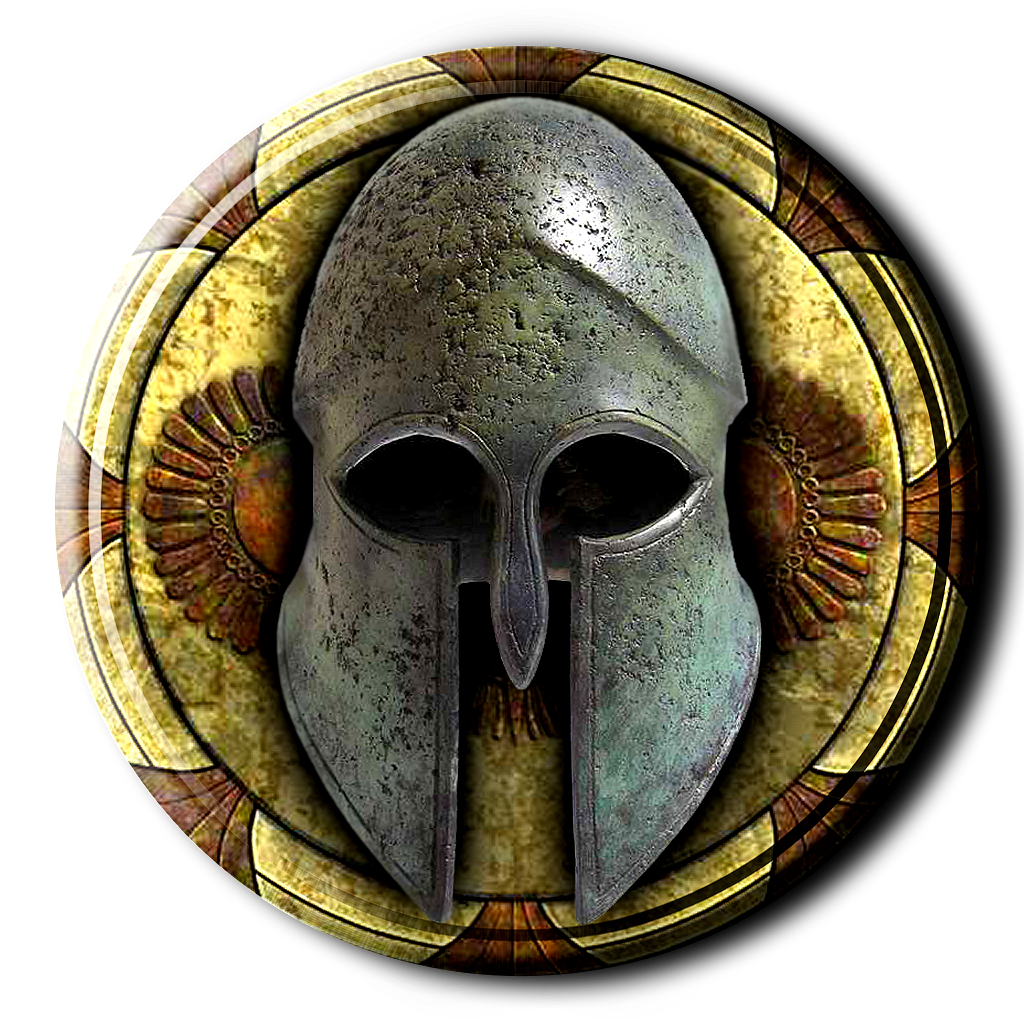
Although almost forgotten in history, the Etruscans had as much if not more influence on Rome. Before there was Rome, there were the Etruscans who controlled most of the Italian peninsula. They taught much of what was learned from Greeks to the Romans. They were the first superpower of that region and developed strong independent city-states (Taylor, 2016). They also brought infostructure to Rome's power with their great engineers and builders. Trading was another strong point; they also showed their seaworthiness, often fighting the Greeks for sea lane passages, which led to their demise in the end. The most significant advantage was their ability to build; the greatest disadvantage was their inability to unite politically, although they did share a common religion (McKay, et al., 2017).
We have all heard the phrase that all roads lead to Rome, and in western ways, this is undoubtedly true. The Roman Empire and its many cultures created much of what we consider to be the global power systems of today. Everything from three branches of governing, legislative, judicial, and executive, to the separation of powers were first introduced during the Roman reign. Their influence stretched as far as the middle east to touching the shores of Great Britain during their particular moment in history and has surrounded the globe in the present day. Their success came from their ability to incorporate the cultures of those they conquered and their ability to connect through roads, shipping lanes, and people, forging a path that led to Rome and Rome to its Empire. Much of what a country is of today and its political power ambitions was due to the Roman Empire, including our great nation, the United States of America. Yes, there have been other Empires like the British and the Mongols, but few have influenced power as much as the Romans have because although they fell so many years ago, Nations are still being influenced by them today (World History Encyclopedia, 2020).
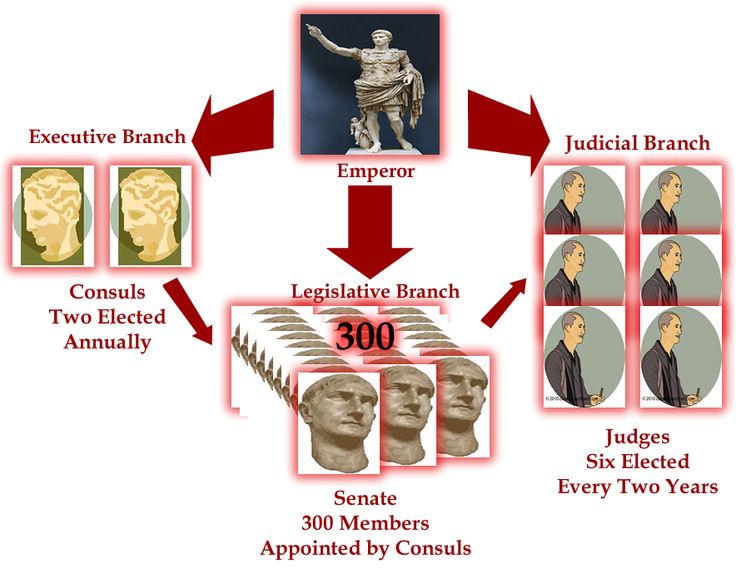
Totalitarian Regimes are another source of power throughout history that is referred to as totalitarianism. Regimes are more of a ruling government or political party than they are a ruling nation or city-state. Regimes are where the worst in humanity has shown its ugly face, always ending in massive bloodshed and oppression for those for regimes and those allied against it. This form of power demands loyalty and consistently violates fundamental human rights. Every part of public and private life is controlled in a manner the ruler of the regime sees fit. Not even the political system is allowed any opposing views or ideologies that might question the regime's authority. Paranoia, manipulation, propaganda, brutal policing tactics, and prejudice all play a part in a regime's way of either seizing power or keeping it (Longley, 2020). Seemingly the single worse regime in history was Adolf Hitler and the Nazi party.
Before world war I, nationalism was at an all-time high; this nationalism ultimately caused world war as opposing views of ideologies and control clashed. Germany was blamed for the war, and as a result of the Treaty of Versailles, they were given strict reparations. These reparations were considered extremely unbalanced by the Germans as they were required to give up and do more than any other nation (Shimko, 2016). This kind of unbalance caused great resentment in the German people, and Adolf Hitler used that resentment and nationalism to manipulate the German people in supporting his rise to power (BBC, 2018). Hitler wanted power and did everything an authoritarian would do to get it, then once he had it, he and his party did everything a totalitarian regime would do to keep it (Rees, 2020). Fortunately for the world, his reign of power ended with world war II.
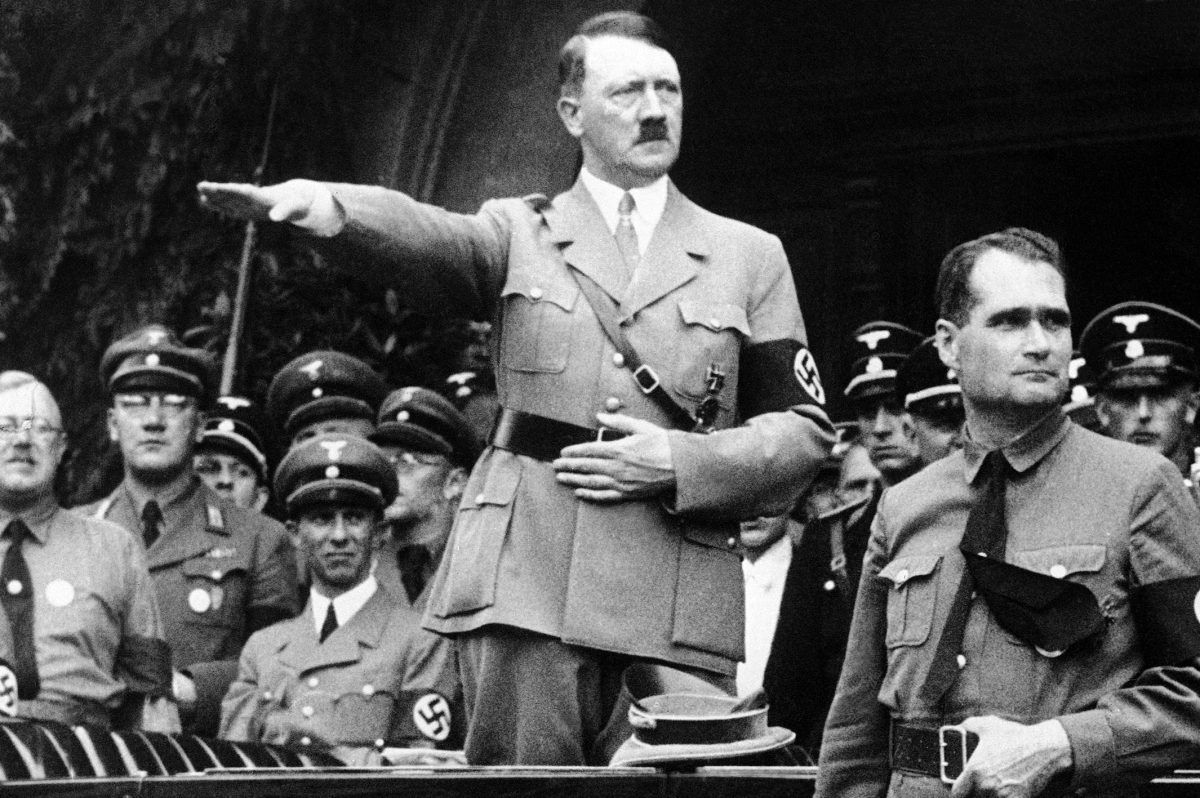
Even in war, the world is changed forever, sometimes good, sometimes bad, but the change is there. World War I saw significant advances in technologies and the building of war machines. Medical practices were advanced worldwide; world maps were changed (BBC, 2018) to include decolonization with new nations gaining their independence for the first time (Shimko, 2016, p. 24). The mighty power-hungry Ottoman Empire was ended. World politics changed as countries started coming together, while others created a new way of governing like communism (BBC, 2018). After and during the world wars, new power political theories emerged from threats, to balance, collective securities, and preponderance which resulted in new ways of sharing and understanding world power through alliances like League of Nations, NATO, European Union, and the United Nations (Shimko, 2016, pp. 16-72). Even women's rights got a big boost due to the war to include politics (BBC, 2018). Although these wars and the power struggles that caused them ended in much bloodshed and economic hardships, the world today enjoys the benefits that resulted from such tragedy.
The most effective tools that have caused historical power systems to shape the world are societal contact, exchange, and economics. With social communication and interaction, we get a process called acculturation. Acculturation is either accepting or rejecting different types of cultures resulting in an outcome of some sort. This process can be voluntary or involuntary, and there are five ways to pursue or affect the eventual outcome. We have assimilation, separation, integration, marginalization, and my favorite transmutation. Assimilation is out with the old and in with the new. Separation is rejecting the unknown and stay with the old. The integration lets us make both work equal, and marginalization does not care which one works. Finally, transmutation is the same as integration; however, the merging of two processes creates a new strategy. This process can be anything from social interaction to political power agendas (Cole, 2019).
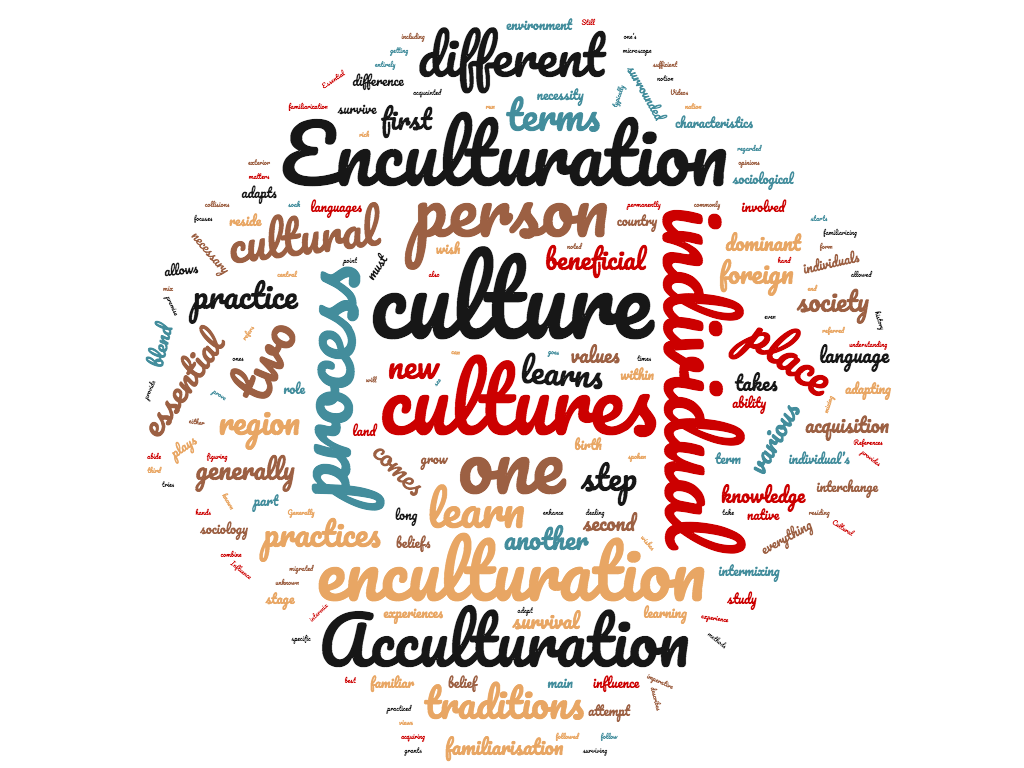
We saw this process play out in Rome and other empires; we saw this process play out in regimes, as well as wars. We can find this process in anything we do; just most times, we are not even aware we are going through it. Whether it be on an individual, group, governing system, nation, or social interaction, in some way, we go through acculturation and have one of the five outcomes (Cole, 2019). There can be many reasons driving all this acculturation, but one unifying theme stood out the most: economics in researching my references. Not just economics of monetary value but also other values; on some level, this economic power seems to play a part.
When nations wanted to increase their economic reach, they conquered other countries and stole their wealth. The wealth they acquired made them immensely powerful. History has more than enough proof from the days of Alexander the Great to Hitler's reign, where economics became a part of their conquest. However, after world war II, world economics began to change from individual domination to a global interconnectedness (Feliciano, 2011). This interconnectedness brings us to modern-day power and how that power plays out on the globalization of the world.
The power systems of yesterday and today seemingly have three areas: the driving force behind them, industrialization, geography, and economics. These systems were transformational as science and technology increased and desires and motivations flip-flopped on the world scene (Dixon, 2021). This flip-flopping effect is referred to as "Institutional Reversal" (Acemoglu, Johnson, & Robinson, 2002) in a journal article titled Reversal of Fortune. In this paper, the authors explain how they found European colonized impoverished countries in 1500 are now prosperous and powerful. These countries made a reversal, but this reversal needed a catalyst, and that catalyst was colonialism. Eventually, being under this colony rule, subjects of the colonial Empire fractured into new governmental institutions. Not wanting to be like the colonial power that once controlled them, they created institutions with a neoliberalism ideology with property rights, freedoms, liberties, and a separation of powers ingrained into their founding documents. This action corresponds with the institution's hypothesis that infers where governments and societies who provide societal incentives (such as property rights) for their interconnectedness will be richer in opportunities (Acemoglu, Johnson, & Robinson, 2002). One such country to fall into this category was the United States of America.
The United States of America has become the most influential power in the world today. Its American ideology (Fine, 2021) has served the nation well as it has progressed throughout history. However, America had a very rocky start in its beginning. While it was still under colonial rule, this young American nation had several challenges to overcome. One of which was something referred to as the Salem Witch Trials. Some of the early colonists tried to impose a strict religious doctrine as the rule of the land. These Puritans felt their methods were how God wanted this new land to be ruled. Some people opposed this, and a bloody ghastly feud of dominance pursued, and many needlessly losing their lives (Jacques, 2012). Here again, was another example of how God played into the whole power game that sometimes humankind uses as their justification for leveraging this power.
After America declared its independence, it came up with its first Constitution called the Articles of Confederation. This document turned out to be a complete disaster; however, it caused its founders to rethink their strategy, and through that mistake, they drafted one of the most influential and powerful documents of all time called the Constitution of the United States of America (Krutz, 2017). Part of this strategy was institutionalizing America under a republic; although there had been republics in the past that fizzled out, the founders, through their study of philosophical thinkers, found just the right mix of powers that made the Constitution so successful. One of which was a strong executive power, but the genius was how they separated powers so that no one power could dominate the other (Owens & Knott, 2004).
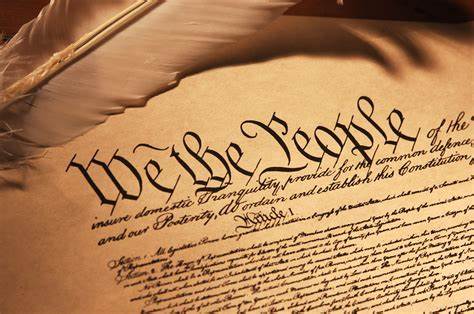
It was this Constitution and the American ideology that championed its success after world war II until today. This success was fundamental in creating neoliberal organizations like the United Nations, European Union, International Monetary Fund, and others that mirrored the same ideology the United States had created within its borders (Fine, 2021). With the United States at the helm, these neoliberal organizations have culminated into what we now call globalization. Globalization has become the new power system of today where economics is used as the great communicator between the interconnectedness of global communities. It maintains a balance of power that continues to allow a majority level of peace across the globe. Today, as a bad actor lashes out, the global community responds in kind with economic sanctions and other punitive actions to pursue this actor to halt their aggressiveness. For the most part, this has been highly effective and successful (Lamy, S. Masker, J. Baylis, J. Smith, S. Owens, P., 2017).
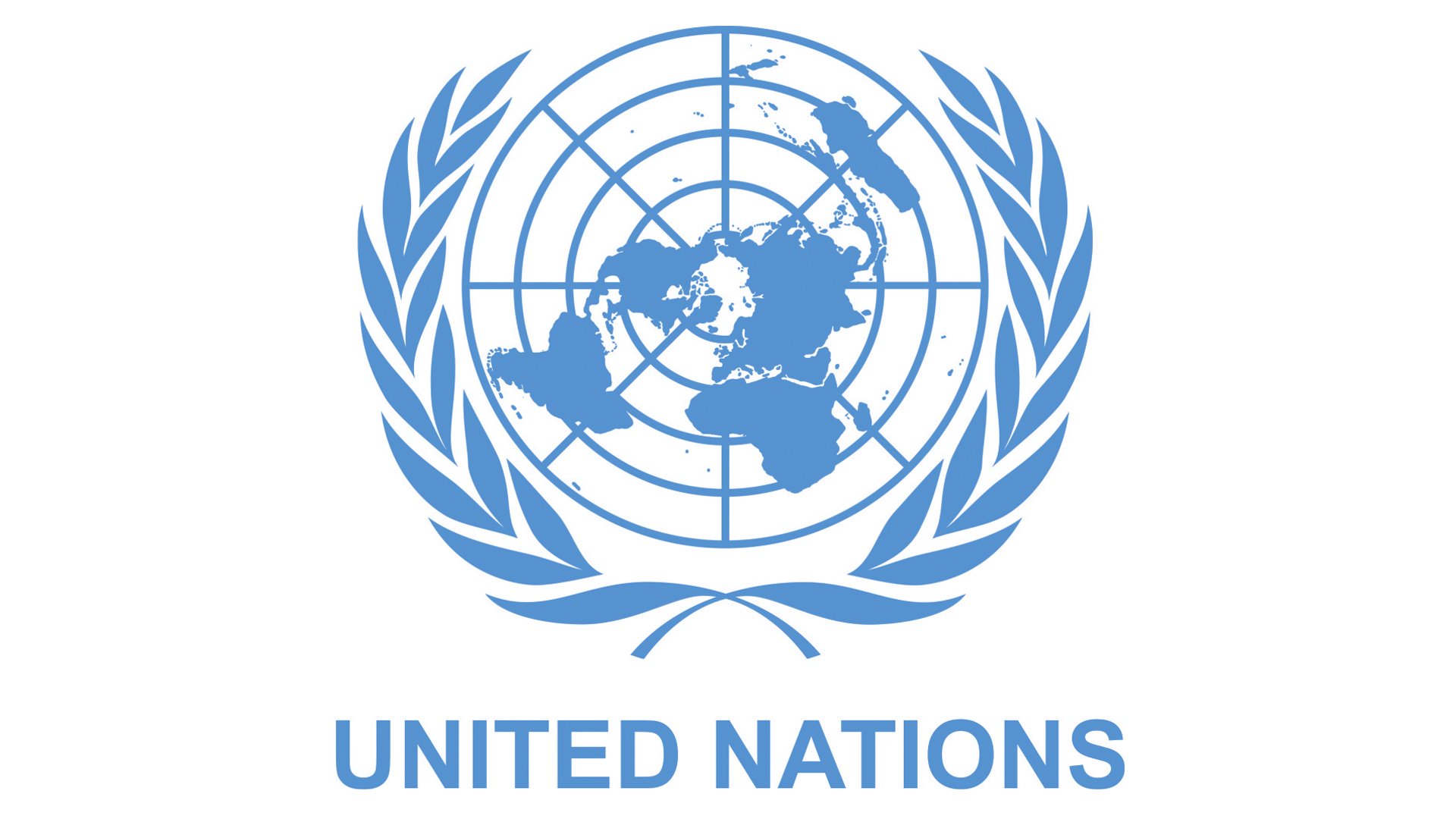
In closing, we have looked at the different types of communal power authorities throughout history and their impact. We have seen how historical philosophies, theories, hypotheses, and ideas have been shared throughout the ages. Like all ideas, there are methods behind them and a correlation between those methods. Understanding this correlation and how its transmitted is as essential as the correlation itself. We also have seen where power can make a reversal given specific circumstances. The most important takeaway here is that power has undoubtedly played a part in humanity's journey and will continue to do so. Our actions determine our outcomes; this brief account of some of those actions clearly shows how the pursuits of power can either be devastating or triumphant and the effects of each. Today we are in a prosperous era, and I, for one, certainly hope we stay there.
Works Cited
Acemoglu, D., Johnson, S., & Robinson, J. A. (2002, Nov.). REVERSAL OF FORTUNE: GEOGRAPHY AND INSTITUTIONS IN THE MAKING OF THE MODERN WORLD INCOME DISTRIBUTION. The Quarterly Journal of Economics, 117(4), 1231-1294. Retrieved Apr. 24, 2021, from https://economics.mit.edu/files/4127
BBC. (2018, Nov. 9). How did WW1 change the world? Retrieved Apr. 18, 2021, from Newsround: https://www.bbc.co.uk/newsround/45966335
Cole, N. L. (2019, Nov. 08). Understanding Acculturation and Why It Happens. Retrieved Apr. 10, 2021, from ThoughtCo.: https://www.thoughtco.com/acculturation-definition-3026039
Diaspora Travel Greece. (2021). Greek Influence - Rome. Retrieved Apr. 17, 2021, from Italy - Greek Diaspora History: https://diasporatravelgreece.com/how-did-greek-culture-influence-the-development-of-roman-civilizati...
Dixon, S. (2021). 07-Industrialization and Economic Development. Retrieved Apr. 24, 2021, from Geography Education: https://geographyeducation.org/thematic/06-industrialization-and-economic-development/
Feliciano, J. R. (2011). The Economic Instrument of Power and Globalization. US Army, USAWC STRATEGY RESEARCH PROJECT. CARLISLE BARRACKS: U.S. Army War College. Retrieved Apr. 18, 2021, from https://apps.dtic.mil/dtic/tr/fulltext/u2/a560021.pdf
Fine, J. E. (2021). The Great Experiment, Decolonization, Industrialization, Globalization, and the Institutions Hypothesis. Essay, Term IV, Week 6, Troy University, Political Science 3351.
Jacques, L. L. (2012, Oct. 29). The Salem Witch Trials: A legal bibliography. Chicago, IL, USA: University of Chicago Online Library. Retrieved Mar. 18, 2020, from https://www.lib.uchicago.edu/about/news/the-salem-witch-trials-a-legal-bibliography-for-halloween/
Krutz, G. (2017). American Government. Houston, Texas, USA: OpenStax.
Lamy, S. Masker, J. Baylis, J. Smith, S. Owens, P. (2017). Introduction to Global Politics (Fourth ed.). New York: Oxford University Press.
Longley, R. (2020, Oct. 30). What Is Totalitarianism? Definition and Examples. Retrieved Apr. 18, 2021, from ThoughtCo.: https://www.thoughtco.com/totalitarianism-definition-and-examples-5083506
McKay, J. P., Hill, B. D., Buckler, J., Crowston, C. H., Wiesner-Hanks, M. E., & Perry, J. (2017). A History of Western Society. Boston: Macmillan Learning.
Owens, M. T., & Knott, S. F. (2004, Nov. 2004). The Evolution of the Executive and Executive Power in the American Republic. Retrieved Apr. 24, 2021, from Foreign Policy Research Institute: https://www.fpri.org/article/2014/11/the-evolution-of-the-executive-and-executive-power-in-the-ameri...
Rees, L. (2020, Sep. 1). Why did the Second World War happen? Retrieved Mar. 19, 2021, from HistoryExtra: https://www.historyextra.com/period/second-world-war/why-did-the-second-world-war-happen/
Shimko, K. L. (2016). International Relations (5 ed.). Boston, MA: Cengage Learning.
Taylor, L. (2016). The Etruscans, an introduction. Retrieved Apr. 17, 2021, from Khan Academy: https://www.khanacademy.org/humanities/ap-art-history/ancient-mediterranean-ap/ap-ancient-etruria/a/...
World History Encyclopedia. (2020, Sep. 21). What is the Legacy of Ancient Rome? Retrieved Apr. 17, 2021, from YouTube Videos: https://youtu.be/NMf6s-X2tF0


